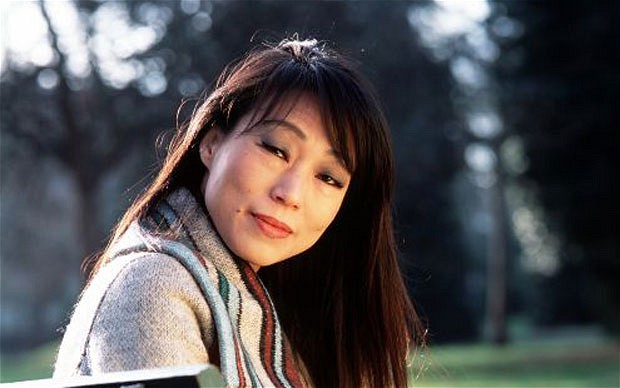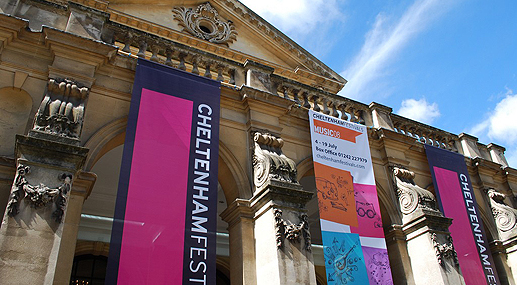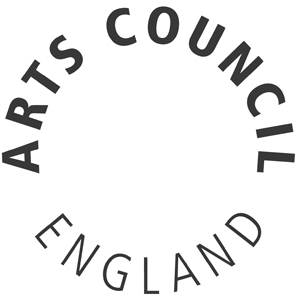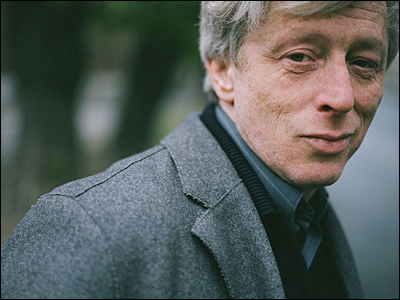Unsuk Chin, Total Immersion (Barbican, 9th April)

I was lucky enough to get hold of the Unsuk Chin Total Immersion day before it disappeared from BBC iPlayer this weekend. Four of her pieces from the event were broadcast: her breakthrough work Acrostic-Wordplay (1991), for soprano and ensemble; Double Concerto (2002), for piano, percussion and ensemble; Gougalon (2009), for ensemble and Rocaná (2008), for orchestra.
The first piece was written after a three-year compositional silence following a traumatic year of study with Ligeti. It was enormously fascinating to hear of Ligeti’s scathing criticism of himself and others and his brusque dismissal of Chin’s already well-received early works. Despite the difficulties of her time with the Hungarian master it was clear that she retains some warmth towards him, a feeling that was clearly reflected in the music, though, as Jonathan Cross pointed out in his illuminating conversations with Sara Mohr-Pietsch, we shouldn’t, perhaps, take these observations too far.
Despite this I couldn’t help falling into this temptation as I listened. The seven-movement Acrostic Wordplay takes texts from Michael Ende’s Endless Story and, a favourite of Ligeti too, Lewis Carroll’s Alice in Wonderland. The piece uses the texts very freely and with great humour, evoking not necessarily the sound world, but the playfulness of Ligeti’s Aventures. Ligeti was also fond, even in works of apparently enormous surface complexity, of underpinning his music with easily comprehensible pitch structures. This too was everywhere evident throughout the programme. In each movement of Acrostic Wordplay, for example, there is a very obvious controlling pitch. But Chin’s writing is so dazzling, so colourful, so perfectly judged, that the listener is hardly aware of it, except in the positive sense that it binds the whole together. In a similar vein the Double Concerto felt like an enormous elaboration of a tonic that never entirely disappears and instead provides a welcome foundation for the virtuosic writing throughout the ensemble. Gougalon (Scenes from a Street Theatre) is a reflection of Chin’s Korean roots in that it evokes the street entertainers she remembers when growing up in Seoul. Playfulness is everywhere in evidence in this music too. Take the second movement, Lament of a Bald Singer, for example. Again constructed over one controlling pitch, this is not mushy romantic lamentation; in its crazy downward glissandi, circling woodwind and brass ‘wah-wahs’ this is a wittily sardonic parody of self-pity. The effect is hilarious and wonderful.
The last work, Rocaná (Room of Light) was inspired by ‘beams of light – their distortion, refraction, reflections, and undulations’. A magnificent twenty-minute orchestral tour-de-force, the point of inspiration becomes dazzling rays of sound that distort, reflect and refract around the orchestra. To me, its sudden shifts of state, from ethereal, hypnotic and other-worldly to brash, violent and terrifying, also evoked another acknowledged influence on Chin’s music: the world dreams. To a greater or lesser extent this was also in evidence in the other works I’ve described; as Chin herself says: "My music is a reflection of my dreams. I try to render into music the visions of immense light and of an incredible magnificence of colours that I see in all my dreams, a play of light and colours floating through the room and at the same time forming a fluid sound sculpture.’
The next Total Immersion day will feature the music of Hungarian composer and conductor Peter Eötvös at the Barbican on Saturday 14 May.



